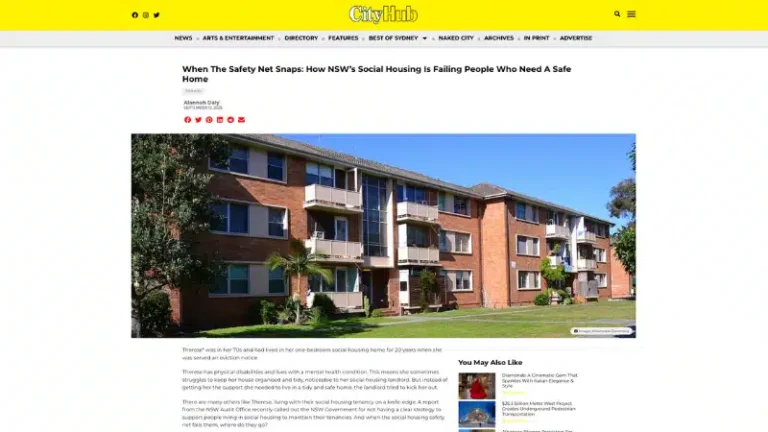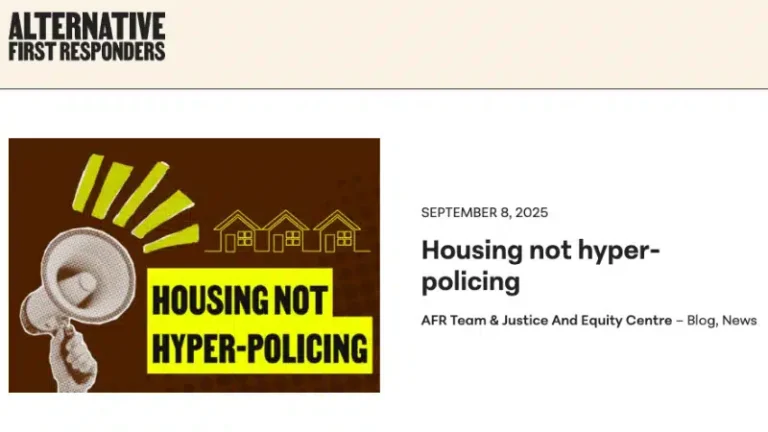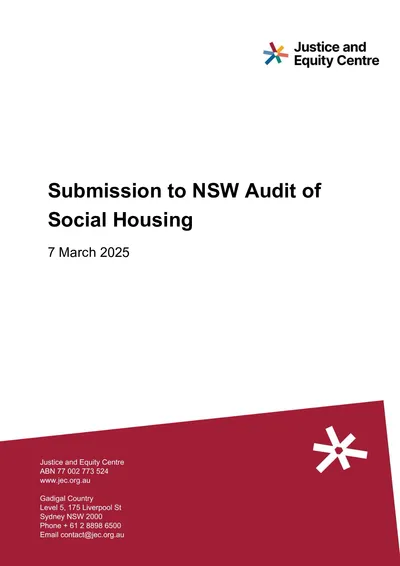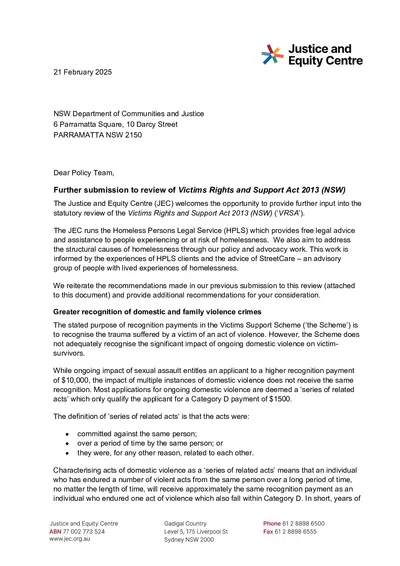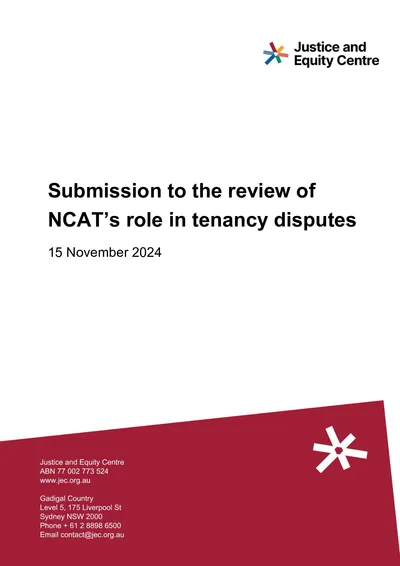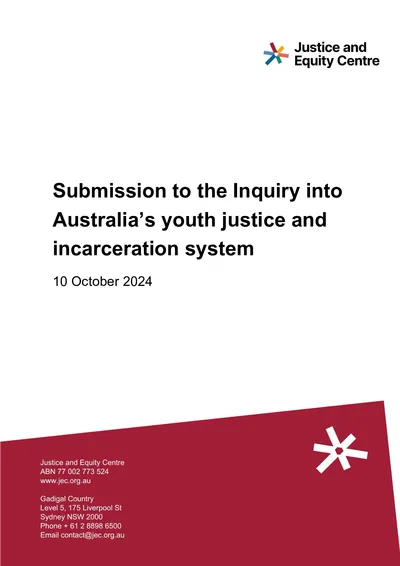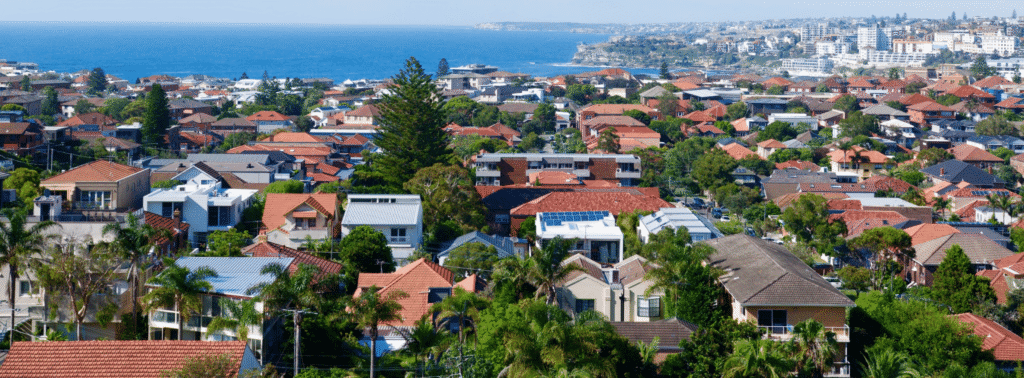
Homelessness and human rights
We live in a wealthy country where everyone should live in a safe home. But years of government inaction and bad decisions have created a housing crisis, affecting hundreds of thousands of people.
Homelessness and housing insecurity are driven by poverty, inequality and discrimination. We work collaboratively with government and civil society partners to tackle the legal and systemic barriers that prevent people from having a safe and secure home.
Our advocacy is informed by the experiences of the clients who access our Homeless Persons’ Legal Service (HPLS) and the guidance of StreetCare advocates with lived experiences of homelessness.
Our work gets results. Among our significant successes we have:
- worked in coalition to end unfair ‘no grounds’ evictions and successfully challenge a NSW Government proposal that would have entrenched rent auctions and risked driving rents higher;
- won significant reforms to make temporary accommodation more widely available to people in critical need of somewhere to stay; and
- helped more than 50,000 people to avoid homelessness by reducing debt through the Work Development Order scheme, an HPLS recommendation adopted by the NSW Government in 2011.
Our advocacy involves policy development, briefing decision-makers, and using media and communications to highlight problems and solutions.
Our priorities include:
Protecting the rights of people in public spaces
Rough sleepers and people who use public spaces because of insecure housing can face increased scrutiny and over-policing. We support those people to understand their rights and challenge unfair and unlawful targeting.
Our advocacy to government urges against heavy-handed approaches and improves accountability around the treatment of people who are homeless in public.
Recognition of housing as a human right
A safe and healthy home is a fundamental right. Our advocacy urges recognition of this basic principle, including by asking governments and agencies to:
- provide a home to everyone in need by urgently investing in public and social housing, with community supports available to help people maintain their tenancies;
- ensure people with disability get the funding and support they need to live with stability and dignity in a suitable home; and
- set enforceable housing efficiency standards, so renters and other disadvantaged groups are not forced into unhealthy and inadequate accommodation.
Improving rights for renters
Inadequate rental regulation is one factor driving homelessness in NSW. We support the Make Renting Fair Campaign, which calls for affordable rental homes and greater government accountability to renters.
We advocate for improved regulation to ensure all rental homes are healthy and safe, and encourage schemes that give renters greater choice and control, including access to solar, more efficient appliances, and the ability to switch from gas to electricity.
